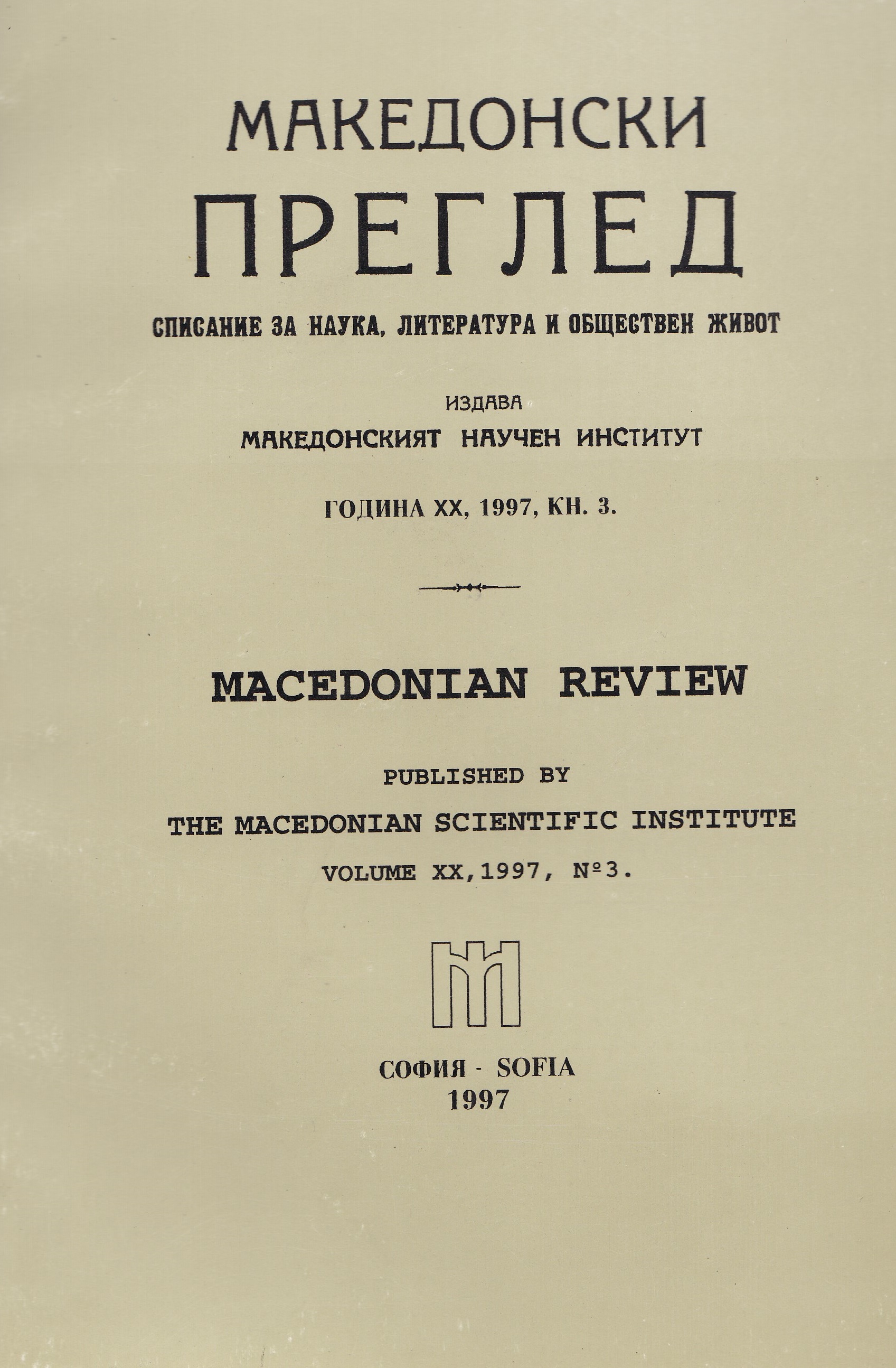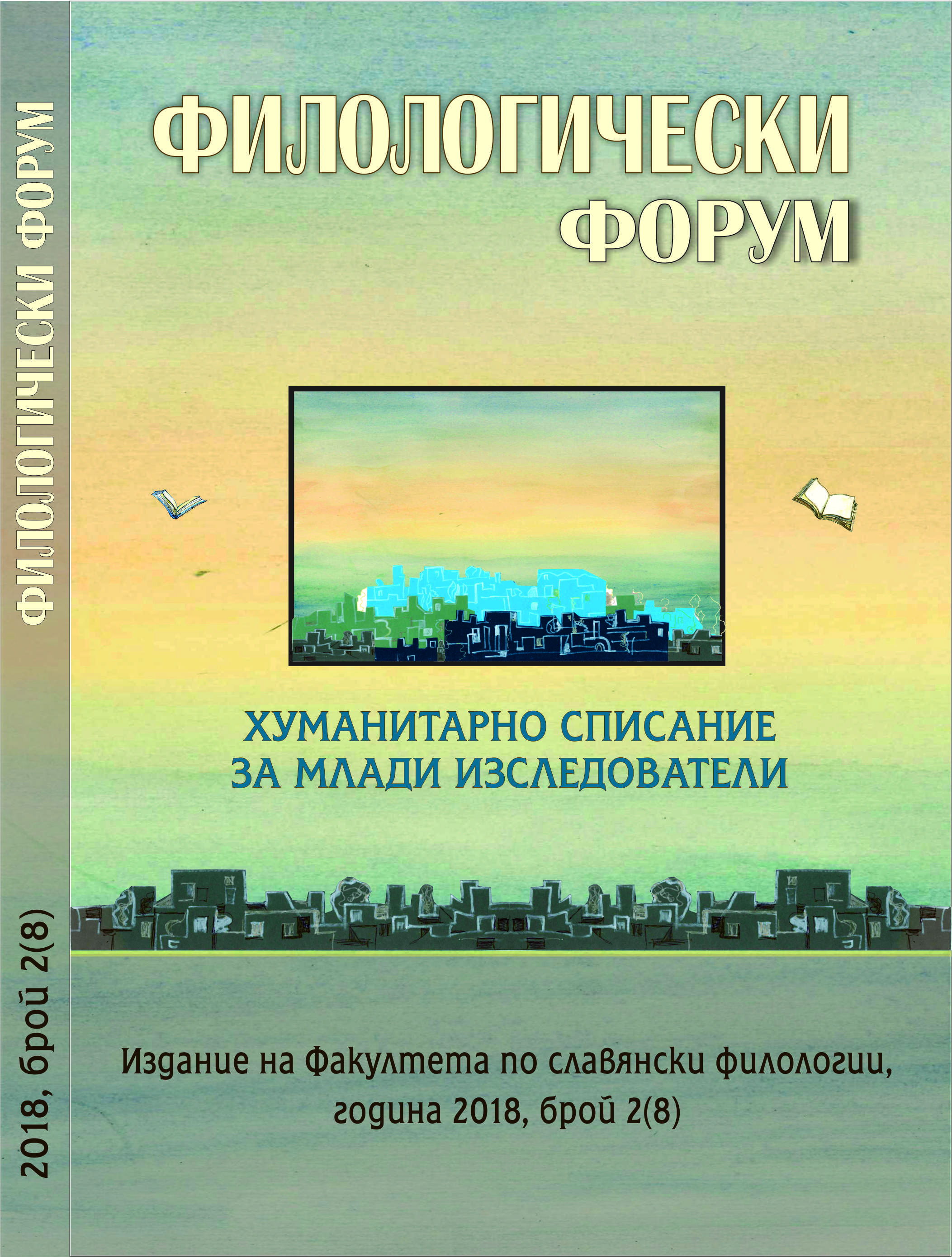
We kindly inform you that, as long as the subject affiliation of our 300.000+ articles is in progress, you might get unsufficient or no results on your third level or second level search. In this case, please broaden your search criteria.

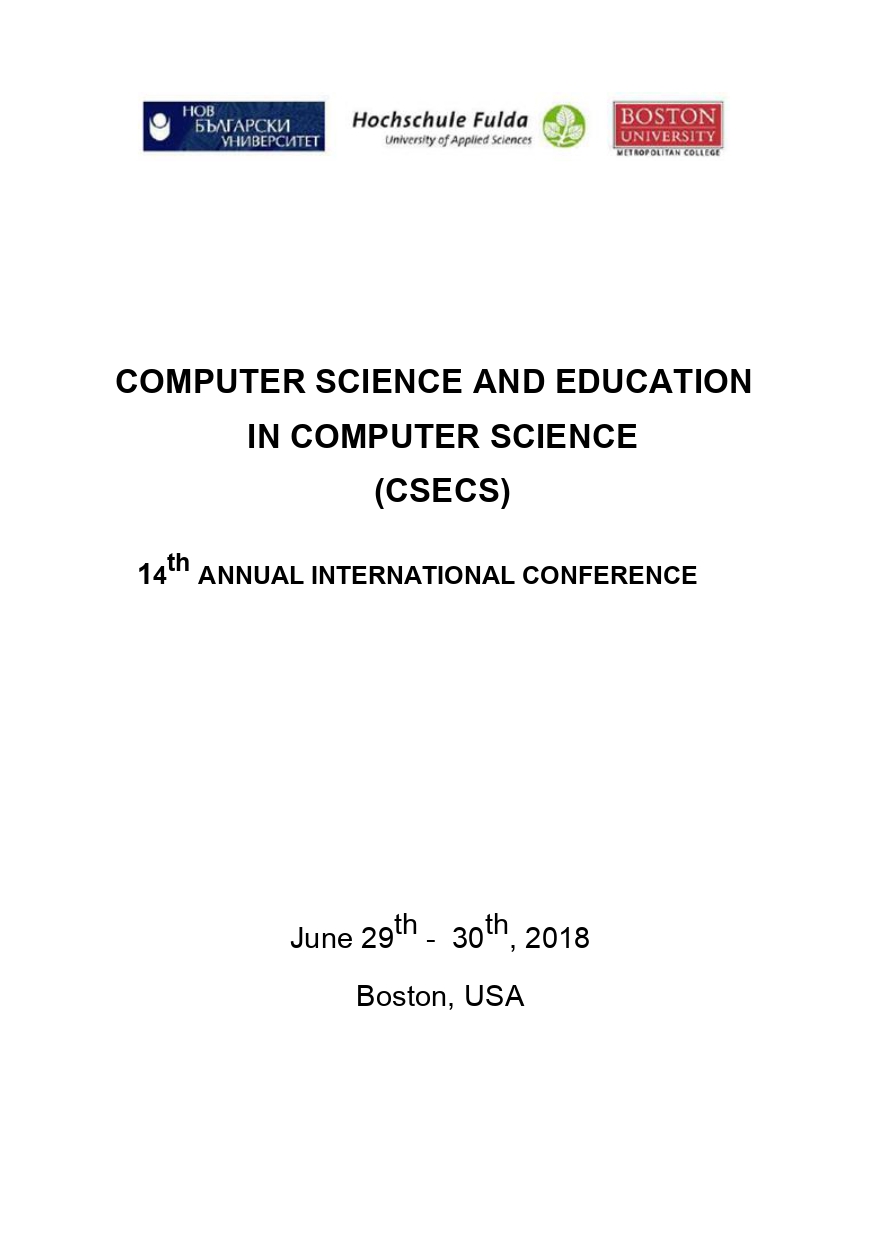
In this paper, the author presents several challenges associated with teaching a technical subject that blends statistics, computer science, and specific subject-matter knowledge to an academically-accomplished but mostly non-technical audience. He also talks about some of the difficulties that he faced as an instructor dealing with three levels of newness: the course was brand new, so there was no prior blueprint upon which to fall back; the concepts presented in the course were completely new to the students; and some of the material was relatively new to him as well. After describing these challenges, he shares several lessons learned regarding instructional material and approaches that succeeded with the audience, as well as some candid reflections about areas in which he can improve future iterations of the course.
More...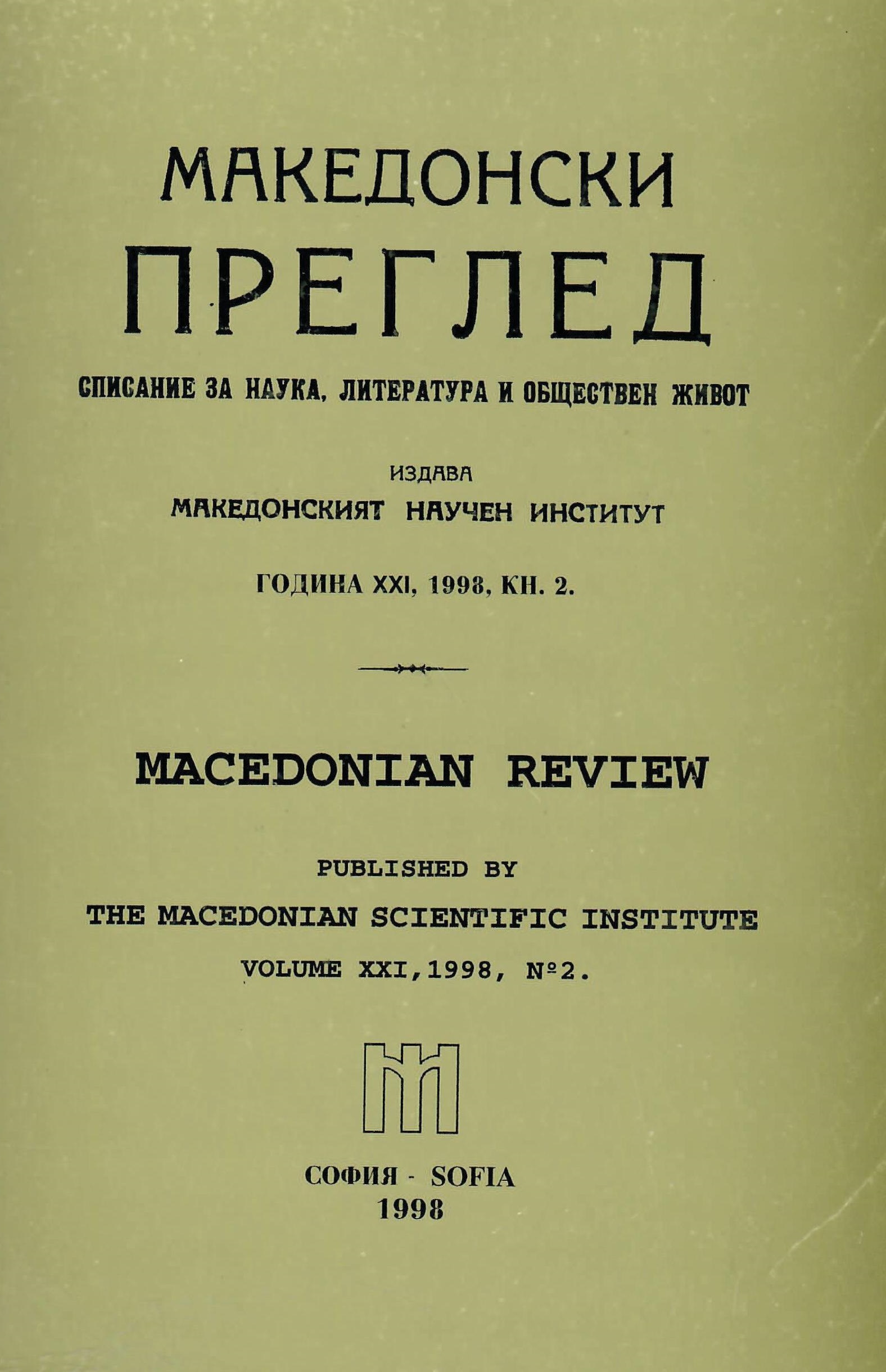



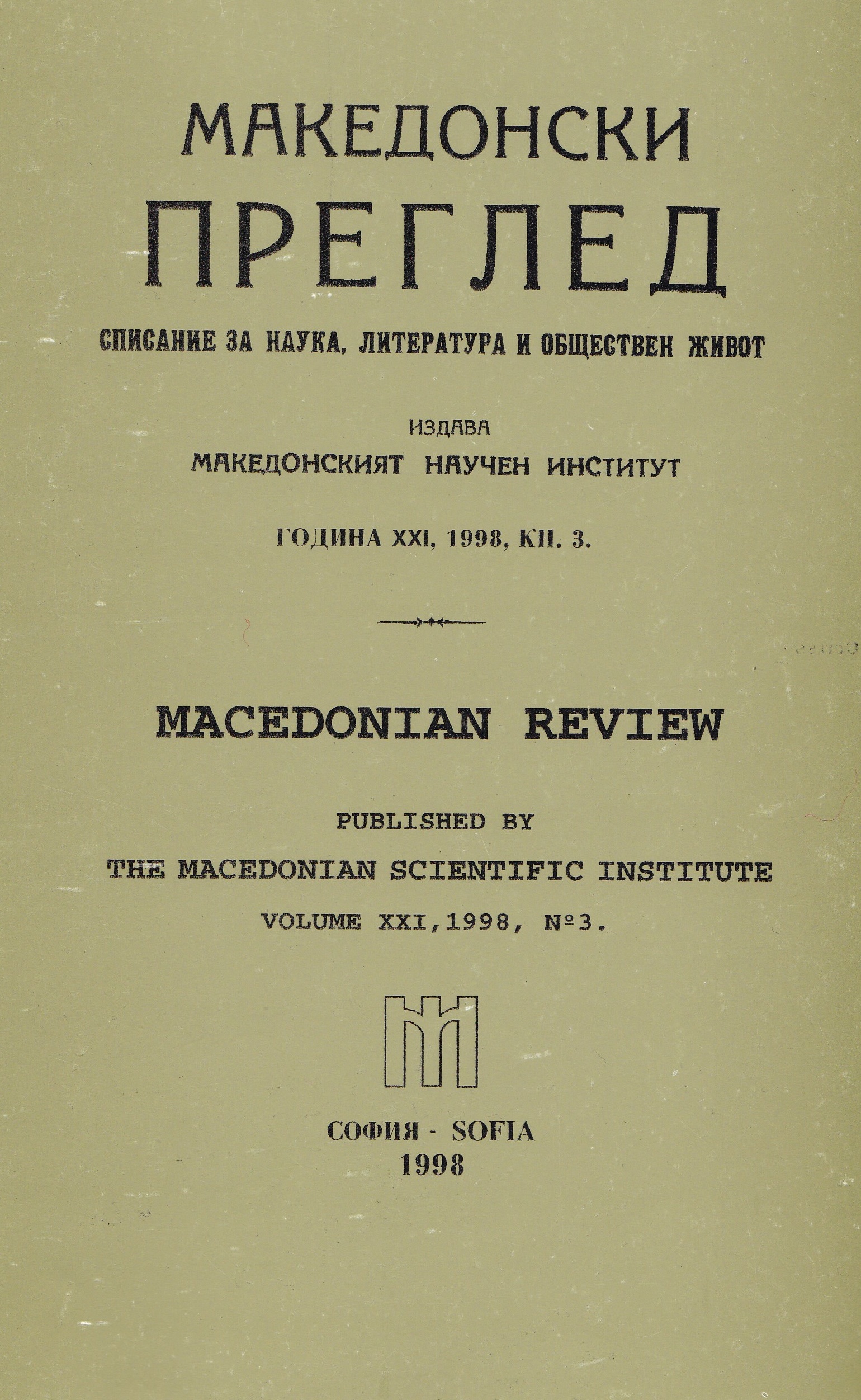


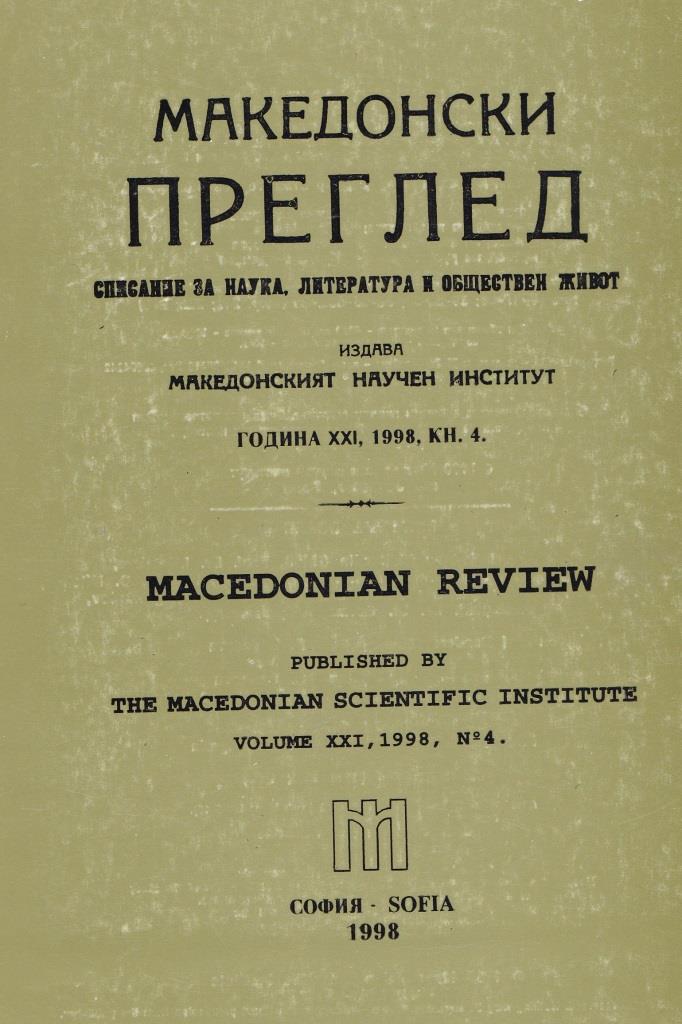

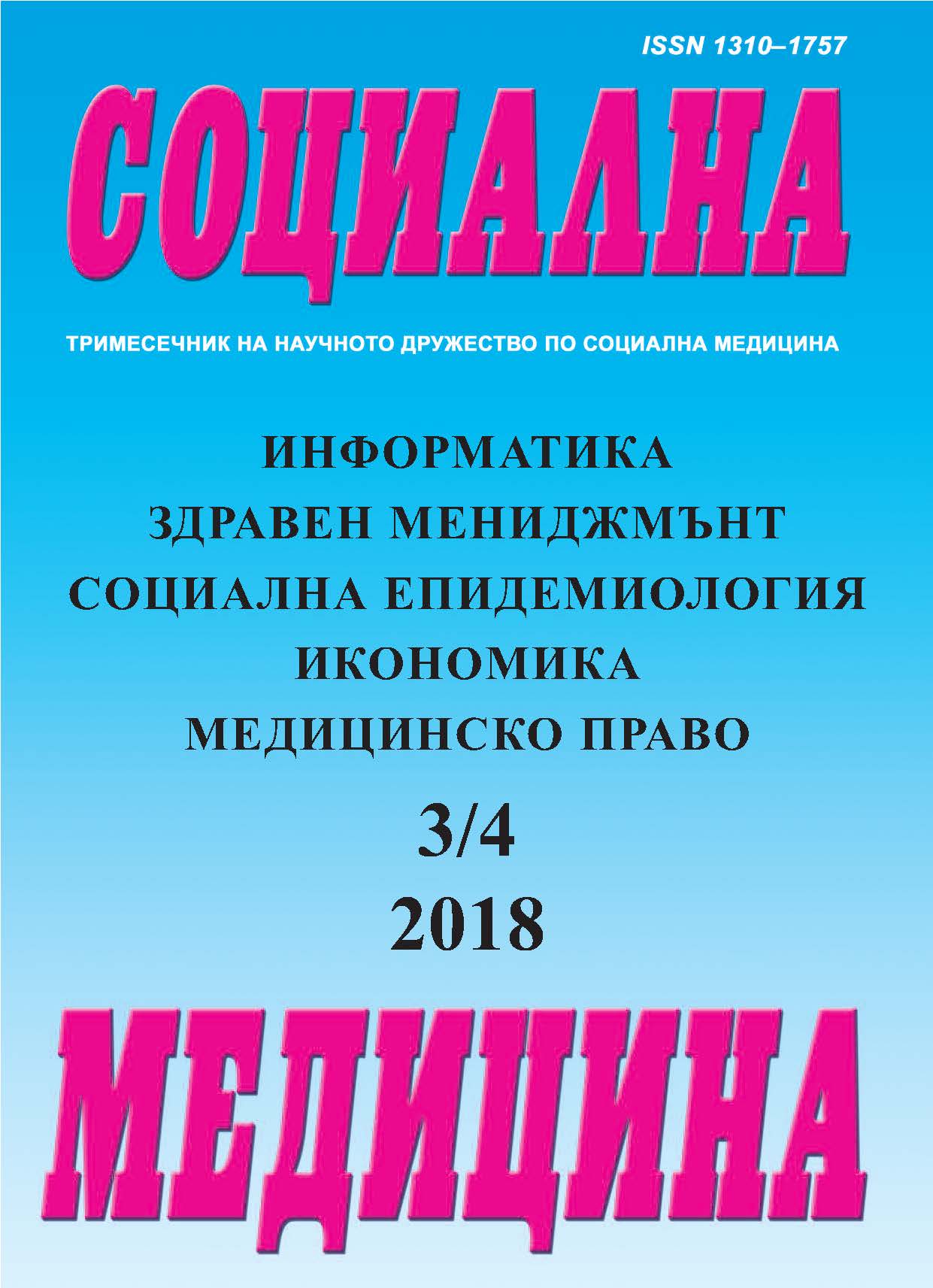
Plant usage for supporting of health is one of the most ancient methods in the world and in our country. Preliminary pilot research at home shows that Bulgarian citizen in most cases does not separate among the different types of plant products ((traditional plant medicinal products (TPMP), plant food supplements (PFS), teas)). The aim of current publication is to research the attitude of citizens about plant food supplements, which are intended to purchase without them being subject to prescription and medical observation. A study was conducted (Cross-sectional survey design) with 400 people, aged 18-80 years in 2017, who expressed willingness and agreed to fill a questionnaire with a guaranteed anonymity. They have been in “Siyana” Pharmacy, city of Sofia, within 10 days. The main conclusions that can be drawn in general from conducted research are that the relative share of respondents who do not distinguish between plant and medicinal products is higher. Overall, from the representative sample is predominant the relative share of non-users of plant products. PFS are preferred by a small number of respondents who make a distinction between different types of the plant products – 5.8%. This result can be explained by the preference of the traditional form of use of the plant products in Bulgaria – a tea. The most commonly used plant in our country in the PFS is the Valeriana officinalis L. According to 40% of respodents the PFS is safe. The recorded information from conducted research shows that in our country exist problems in usage of plant products for health purposes, which can be bought over the counter without doctor’s prescription and observation.
More...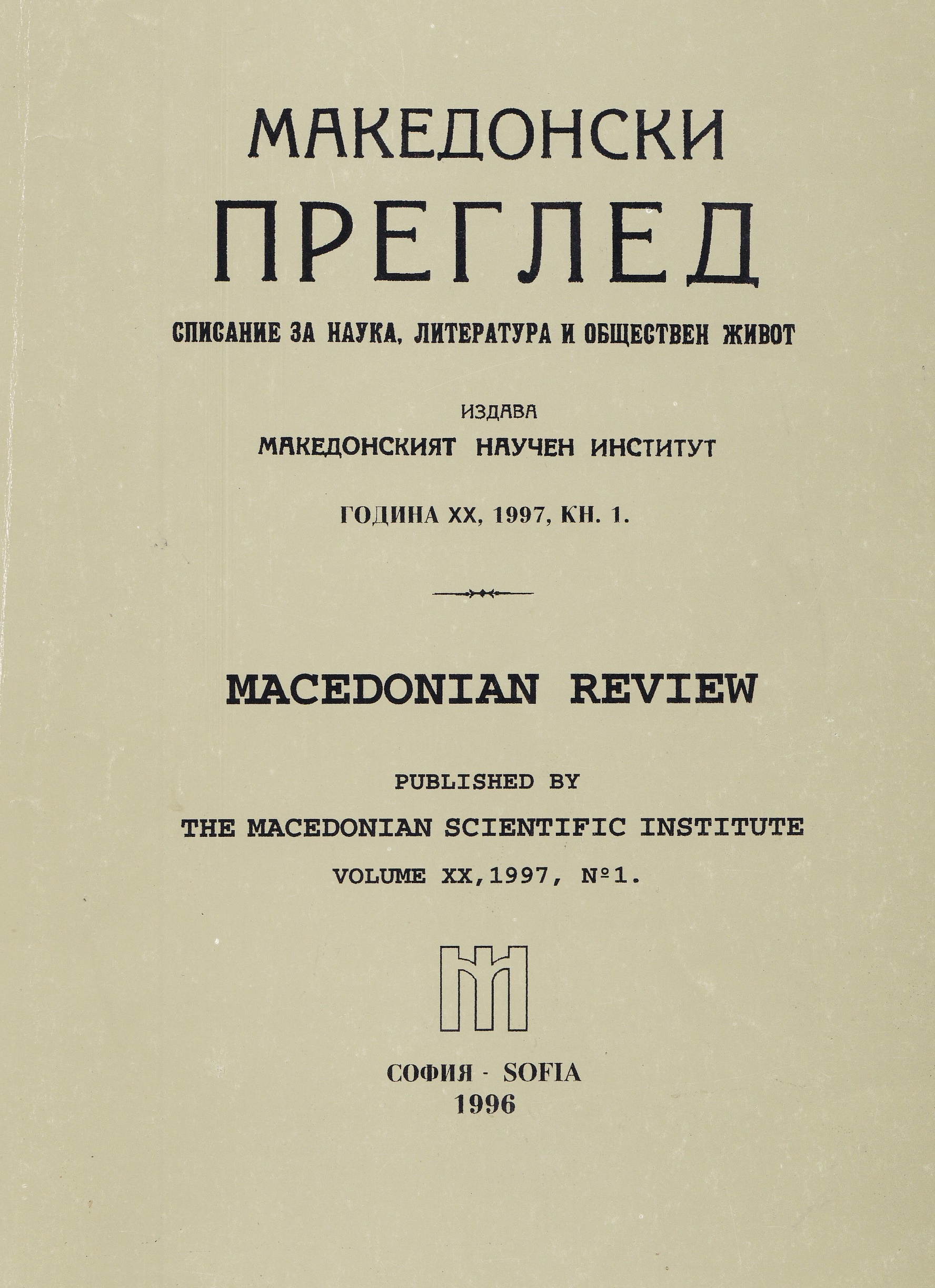


Jacques Lacan’s ambiguous relation to Continental philosophy provides the perks of restoring the affinity between the “first philosophy” in an Aristotelian sense and Psychoanalysis as a practice, i.e. a re-writing of the subject, while at the same time assuming the failure of the so-called Metaphysical modern subject. According to Lacan, the redefined clinical Anxiety and the Freudian Unheimlich that indicate the Real as an impossible, prove the error of Descartes, who claimed to have forged a knowledge (savoir) based on the cogito. Therefore, the last revolution of Modern Philosophy would be the one of Lacanian psychoanalysis, bearing the mark of the Unconscious, of the object a and of the Thing (das Ding), reenacted within the confines of radical lack
More...
This paper could be regarded as an effort towards a philosophical interpretation based on chapters XXIII to XXV of Seminar III – The Psychoses by Jacques Lacan. Itis structured following Lacan’s line of thought and argumentation as it can be traced in the afore mentioned chapters of Book III. Lacan aims at determining the specific markers of psychosis by a careful examination of the famous case of Daniel Paul Schreber, the distinguished German jurist from the 19th century who has gone mad. At the origin of the constitution of the subject’s psychic structure there is this fundamental, pre-linguistic experience of the rapport to the presence of the radical Other (A) - an experience which in turn determines the subject’s symbolic structure. Essentially there are two possible modes of positioning: the future subject can choose to put itself in a position of receptivity - this would be the Freudian Bejahung – or it can choose to radically reject this presence (the dimension of the signifier in its radical otherness) – this being the Freudian Verwerfung or the Lacanian foreclosure. In the latter case something as a psychotic structure emerges. A fundamental or a rather exceptional signifier has thus been rejected; in Schreber’s or any psychotic’s case it is the paternal signifier (Name-of-the-Father) as the principle of revelation, particularly the principle of procreation. The crucial moment of the triggering of (of) the Schreberian psychosis is when the subject finds itself confronted with a fundamental signifier, which emanates as an interpellation from the radical Other (A) but cannot be accommodated by an already established subjective structure.
More...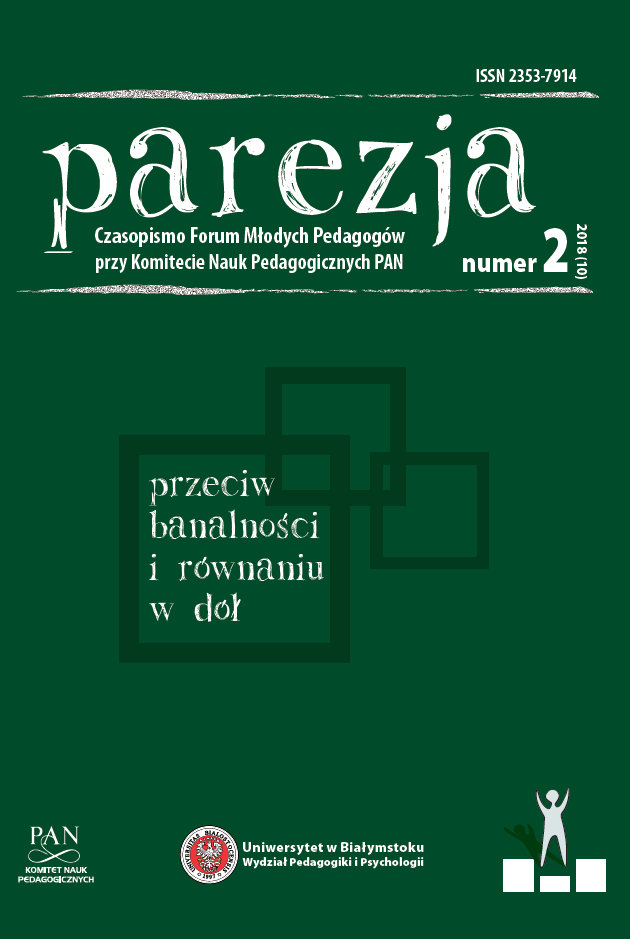

The text shows book by Professor Maria Dudzikowa entitled Difficult art of self-creation in two ways: the first (conventional) – through the abstract and the second (teleological) – guessing the goal of writing that guided the outstanding humanist.
More...